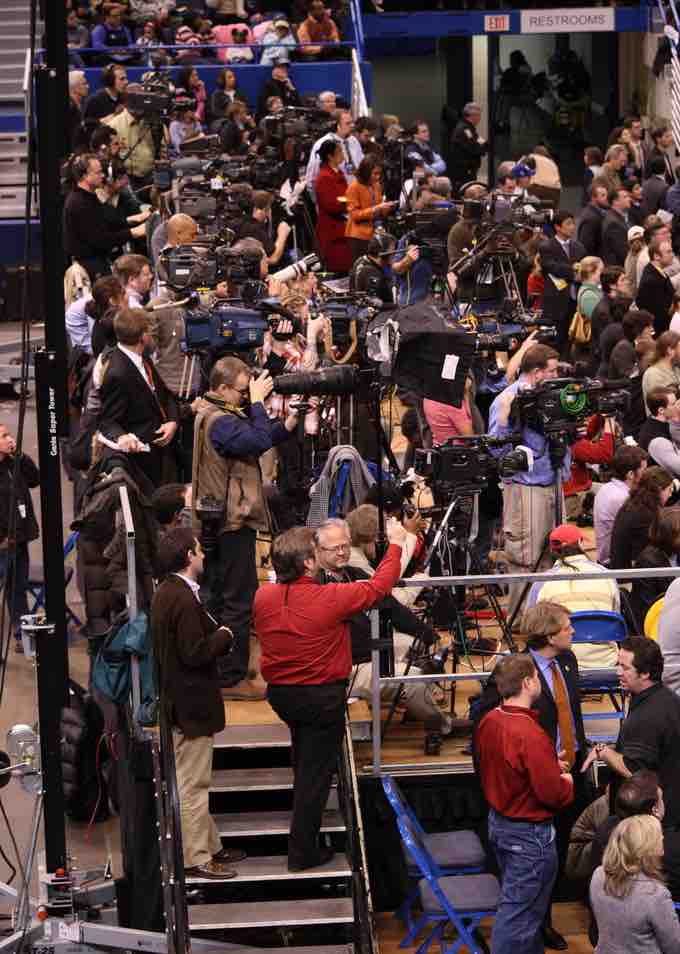Introduction
A regulation is a legal provision that creates, limits, or constrains a right, creates or limits a duty, or allocates a responsibility. Regulation can take many forms: legal restrictions promulgated by a government authority, contractual obligations that bind many parties, self-regulation by an industry such as through a trade association, social regulation, co-regulation, or market regulation. One can consider regulation as actions of conduct imposing sanctions, such as a fine, to the extent permitted by the law of the land.
The FCC and Regulation
The Federal Communications Commission (FCC) is an independent agency of the United States government . FCC works towards six goals in the areas of broadband, competition, the spectrum, the media, public safety, and homeland security. The Commission is also in the process of modernizing itself. The inauguration of Ronald Reagan as President of the United States in 1981 accelerated an already ongoing shift in the FCC towards a decidedly more market-oriented stance. A number of regulations felt to be outdated were removed, most controversially the Fairness Doctrine in 1987. The FCC also took steps to increase competition to broadcasters, fostering broadcast alternatives such as cable television. In terms of indecency fines, there was no action taken by the FCC from FCC v. Pacifica until 1987, about 10 years later.

FCC Logo
An additional logo of the FCC.
The FCC's mission is to create a purpose for national defense ad for the purpose of promoting safety of life and property through the use of wire and radio communications.
In the early 2000's (decade), the FCC began stepping up censorship and enforcement of indecency regulations again, most notably following the Janet Jackson "wardrobe malfunction" that occurred during the halftime show of Super Bowl XXXVIII. However, the FCC's regulatory domain with respect to indecency remains restricted to the public airwaves, notably VHF and UHF television and AM/FM radio. In other words, the FCC has a strong role in regulating public airwaves .

Press Coverage and film Crew at Barack Obama rally 2008
Media photographers and video crews, documenting the events onstage at a Barack Obama rally in Hartford, Connecticut.
Criticisms
With the major demographic shifts occurring in the country in terms of the racial-ethnic composition of the population, the FCC has also been criticized for ignoring the issue of decreasing racial-ethnic diversity of the media. This includes charges that the FCC has been watering down the limited affirmative action regulations it had on the books, including no longer requiring stations to make public their data on their minority staffing and hiring. In the second half of 2006, groups such as the National Hispanic Media Coalition, the National Latino Media Council, the National Association of Hispanic Journalists, the National Institute for Latino Policy, the League of United Latin American Citizens (LULAC), and others held town hall meetings in California, New York, and Texas on media diversity as its effects Latinos and minority communities. They documented widespread and deeply felt community concerns about the negative effects of media concentration and consolidation on racial-ethnic diversity in staffing and programming. At these Latino town hall meetings, the issue of the FCC's lax monitoring of obscene and pornographic material in Spanish-language radio and the lack of racial and national-origin diversity among Latino staff in Spanish-language television were other major themes.
Network Neutrality in the United States is a hotly debated issue subject to regulatory and judicial contention among network users and access providers. As a de facto matter, there is a degree of network neutrality in the United States, meaning that telecommunications companies rarely offer different rates to broadband and dial-up Internet consumers based on Internet-based content or service type. However, there are no clear legal restrictions against these practices. Broadband providers often block common service ports, such as port 25 (SMTP) or port 80 (HTTP), preventing consumers (and botnets) from hosting web and email servers unless they upgrade to a "business" account. In recent years, advocates of network neutrality have sought to restrict such changes.
In 2005 and 2006, corporations supporting both sides of the issue spent large amounts of money lobbying Congress. In 2006, representatives from several major U.S. corporations and the federal government publicly addressed U.S. Internet services in terms of the nature of free market forces, the public interest, the physical and software infrastructure of the Internet, and new high-bandwidth technologies.